India probes cough syrups linked to Uzbek child deaths
India has halted production at a pharmaceutical company of a cough syrup blamed by Uzbekistan health authorities for the death of at least 18 children.
Health minister Mansukh Madaviya said in a social media post on Thursday that Indian investigators had spoken to their counterparts in Uzbekistan and were inspecting the Marion Biotech Company’s facility near the capital New Delhi. He said samples of the syrup have been taken and sent for forensic analysis. “Further action as appropriate would be initiated based on the inspection report.”
Dinesh Tiwari, a drug officer, confirmed his colleagues inspected the firm on Thursday and ordered it to halt production. “The results are expected in a few days.”
In a statement released on Wednesday, Uzbekistan's Health Ministry said the children died after consuming a cough syrup under the brand name Doc-1 Max. It said the syrup was contaminated with ethylene glycol, a toxic chemical used in the preparation of antifreeze, brake fluid, cigarettes, paints and some dyes, plastics, films and cosmetics.
Marion Biotech is the second local drug maker to face a probe by regulators since October.
The Gambia has also linked child deaths to cough syrups made by another Indian firm. Maiden Pharmaceuticals was accused in October of manufacturing several toxic cough and cold remedies that led to the death of at least 66 children, mostly between five months and four years old, in the Gambia.
The World Health Organization (WHO) said those medicines had also been contaminated with "unacceptable" amounts of ethylene glycol and a closely related compound. The victims died of acute renal failure.
The Indian government and Maiden Pharmaceuticals have denied the allegations.
Last week, a parliamentary committee in the Gambia recommended prosecution of Maiden Pharmaceuticals after weeks of investigation. The committee also recommended banning all products made by the firm in the country.
India produces a third of the world's medicines, mostly in the form of generic drugs. The country, home to some of the fastest-growing pharmaceutical companies, meets much of the medical needs of developing countries.
‘All wars have rules. All of those rules have been broken’ by Israel
VIDEO | Report flags India’s violation of rights of Rohingya detainees
Turkey's foreign minister meets Syria's de facto leader in Damascus
'Next to impossible' to rescue patients from Gaza's Kamal Adwan Hospital: Director
VIDEO | Vietnam current prosperity
Report blames gasoil exports for shortage at Iranian power plants
VIDEO | Hind Rajab Foundation names Israeli war criminals vacationing after Gaza genocide
VIDEO | Australians rally for Gaza ahead of Christmas festivities



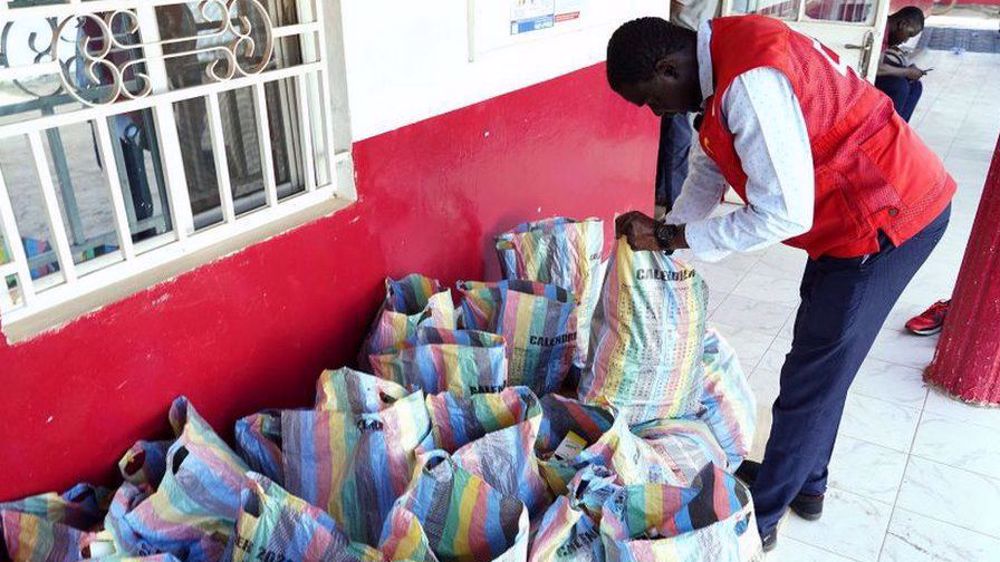
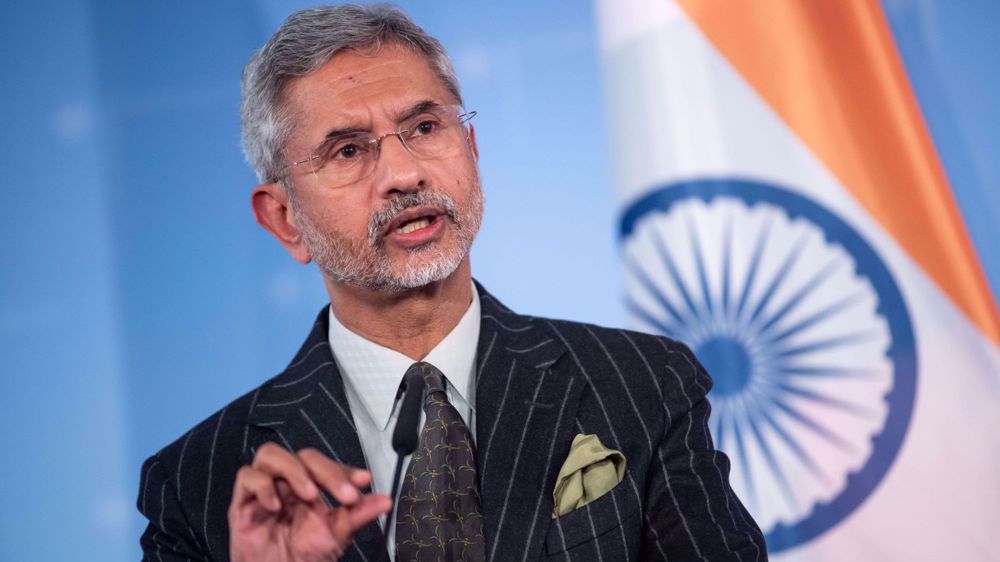
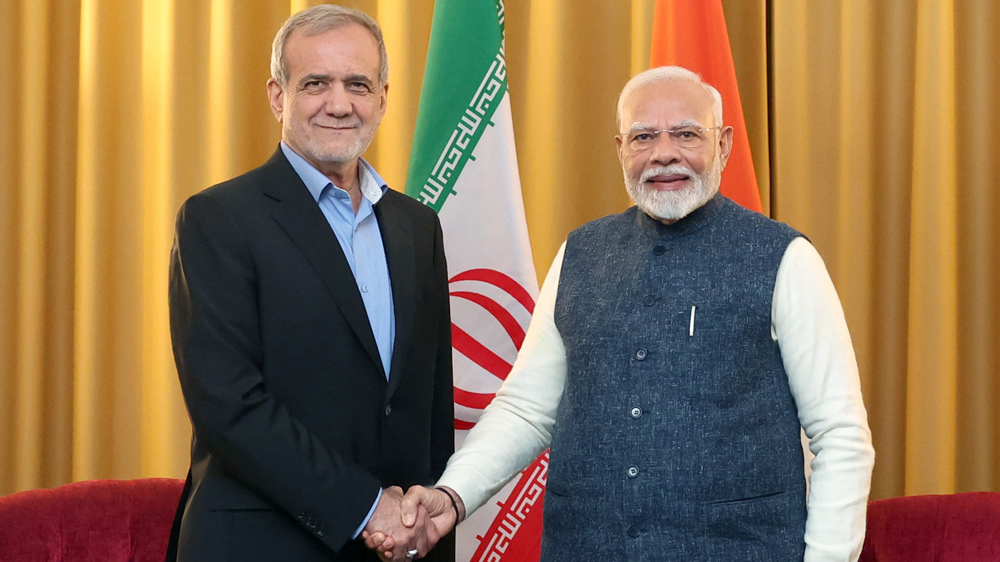





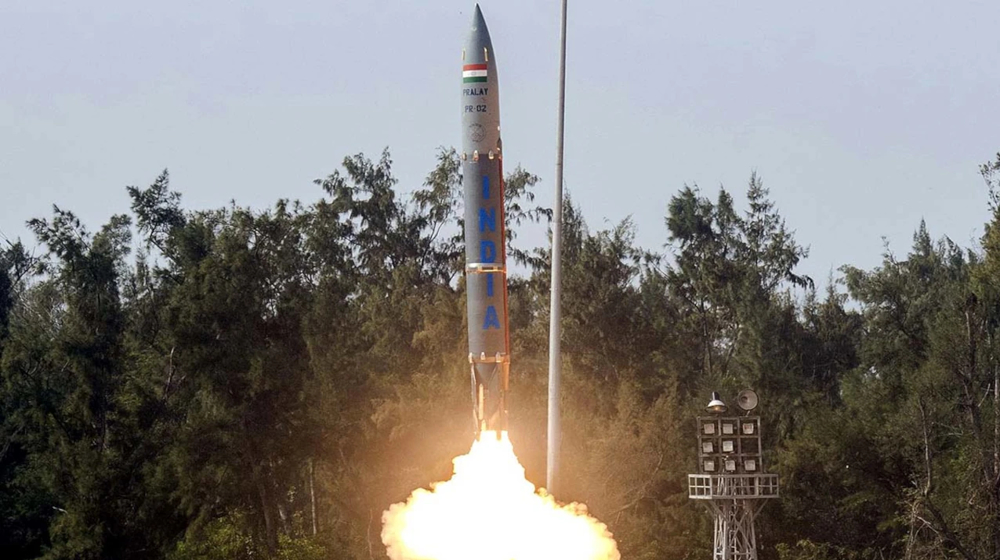
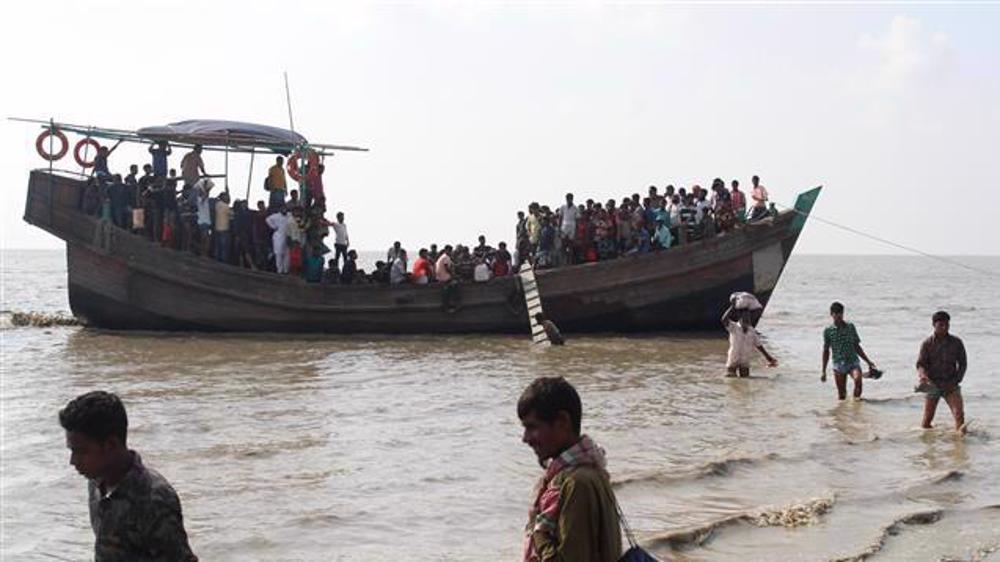
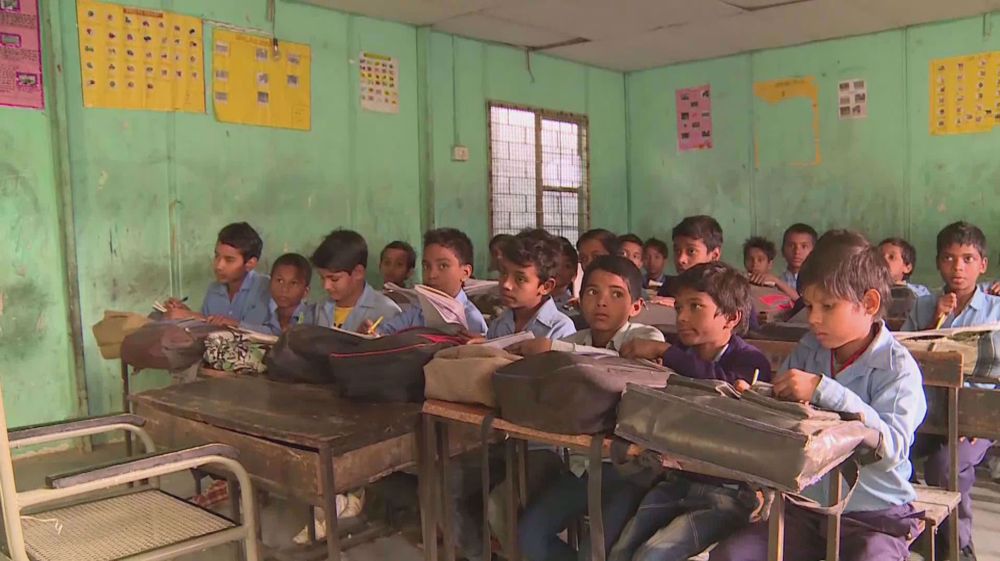



 This makes it easy to access the Press TV website
This makes it easy to access the Press TV website